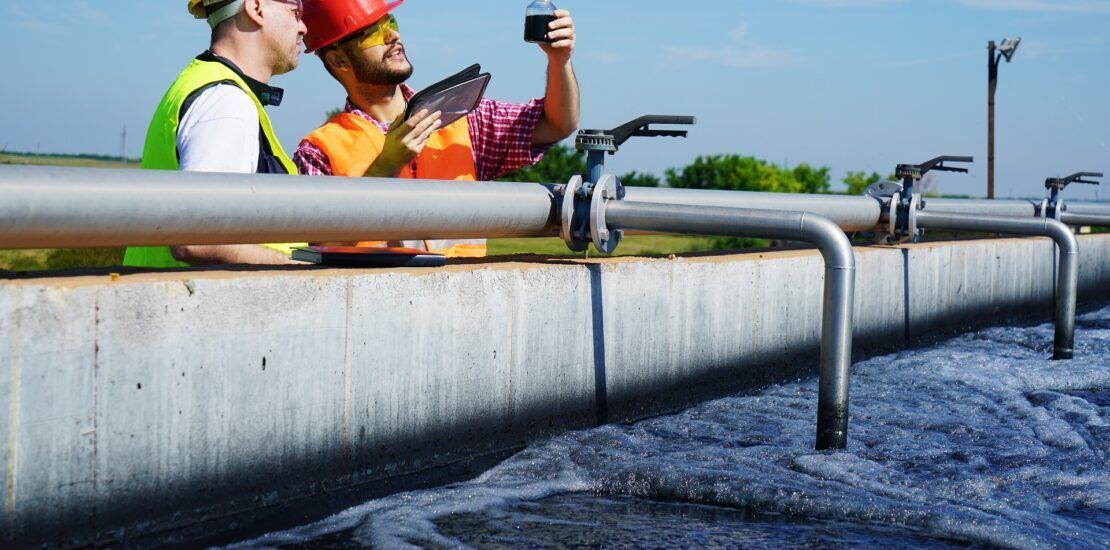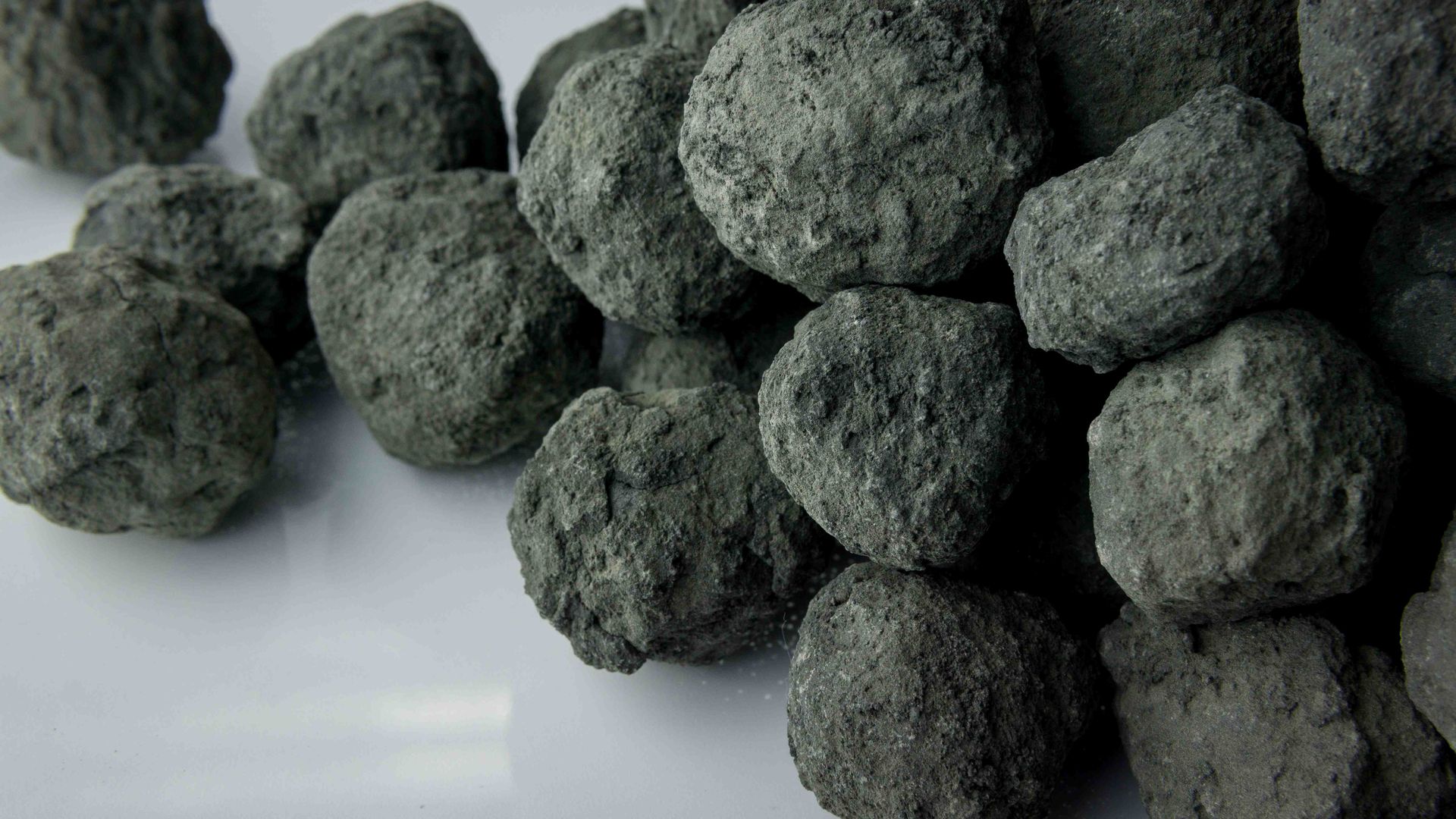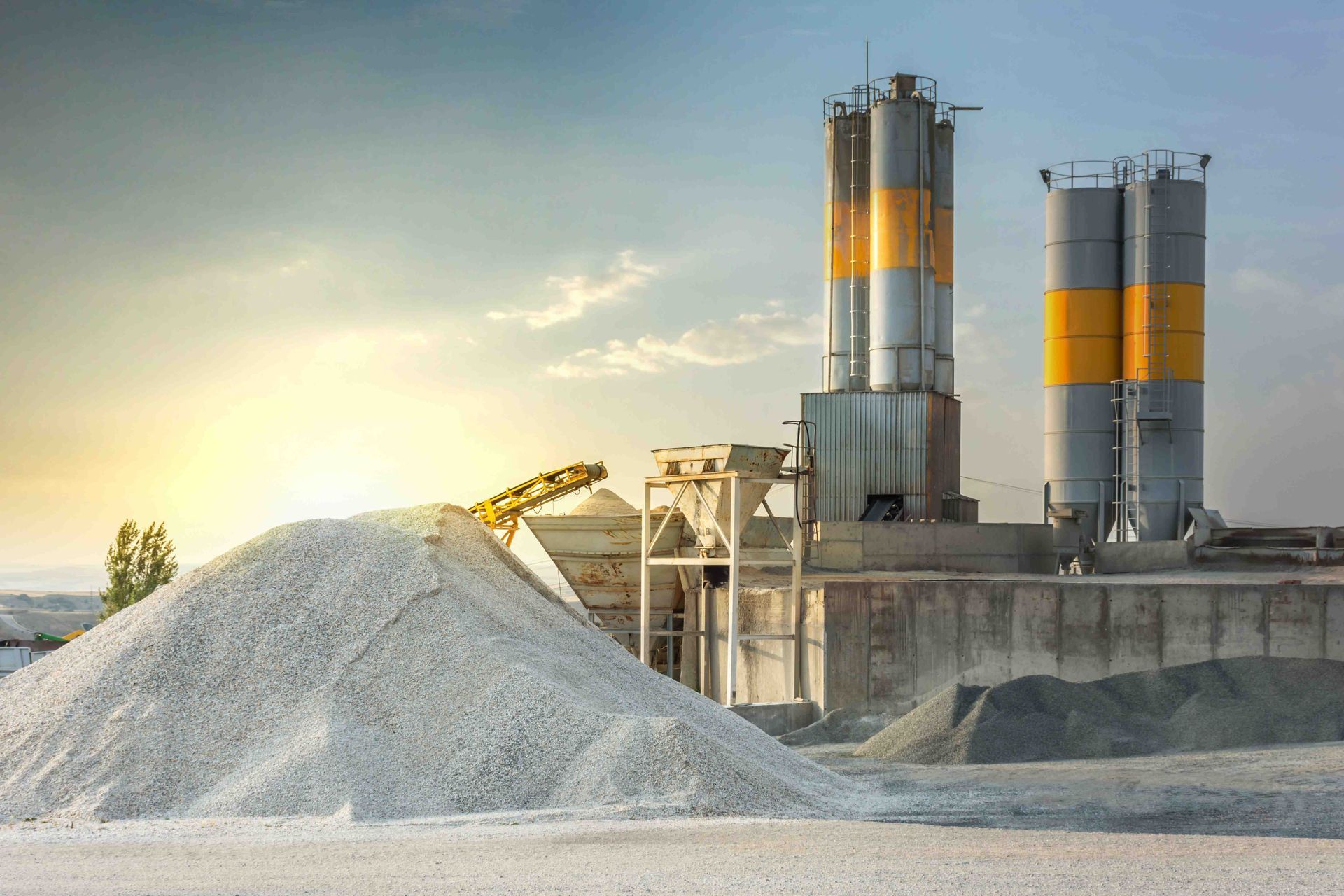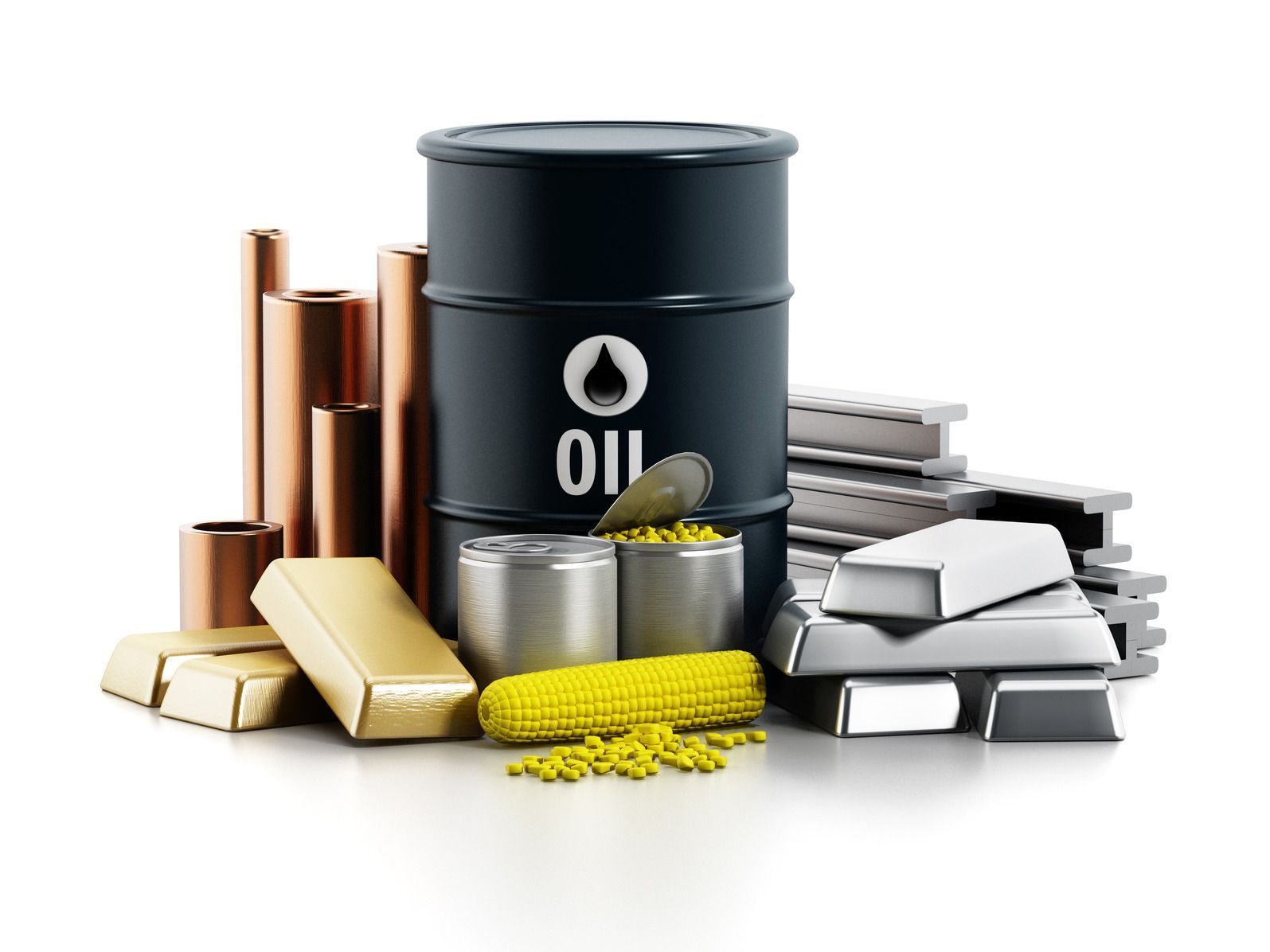What Are The Benefits Of Water Treatment?

Water is a basic necessity of life, just like food and air. Sadly, water in its natural form is not always safe for drinking, at least not for us humans. Living in civilized societies, our bodies have become used to drinking clean water. Consuming contaminated water will play havoc on our health. Due to this, the water that reaches our homes, buildings, and other commercial or industrial set-ups is first treated to get rid of adulterants and make it potable.
Need For Water Treatment
It is now a widely accepted fact that the human body is prone to diseases if we are not careful about cleanliness. Water in its raw form or as found in nature is no longer as pure as it used to be. Our industrial activities have contributed to its pollution.
Some impurities are already present in water, like germs, bacteria, micro-organisms, pathogens, etc. Also, despite all good intentions, industrial waste and wastewater from other activities still find their way into the water bodies adding chemicals like iron, nickel, arsenic, manganese, mercury, etc., and even garbage. Water that contains so many impurities is not fit for drinking. Therefore, it needs to be treated to remove the pollutants and make it safe.
What Is Water Treatment?
Water treatment is a step-by-step process of improving the water quality, making it fit for a particular end-use. The use may be drinking, irrigation, domestic supply, water for swimming pools, or returning safely to nature. This complete process aims to remove or bring within acceptable limits the undesirable components present in water so that it becomes safe for a specific use.
The Concern Regarding Water Treatment
Many people are apprehensive about water treatment mainly because a part of it consists of chemical treatment. According to them, cleaning water removes some chemicals and adds others. What’s the benefit of that? It is just trading some chemicals for others. We’ll come to that in a moment, but before that, allow us to address the core issue here: adding chemicals to remove impurities.
The chemicals added to water to make it potable are used within the safe range. There is no indiscriminate use, and these chemicals are highly effective in improving the quality of water. Even hospitals use chemically treated water, for they know that the water they are getting is safe and free of chemicals and other heavy metals.
Above all, water treatment does not consist solely of chemical treatment. It consists of screening, filtering, aerating, and membrane processes. Some may have additional processing, including ozone treatment, UV treatment, etc.
Benefits Of Water Treatment
There is a wide range of water treatment solutions available today. These can be tailored to match the needs of an industrial facility or households. Their advantages include –
1. Access To Clean Water – Unawares, many of us use unfiltered water for drinking, cooking, washing edibles, etc., and land up falling ill. No matter how well the water is treated at the water treatment plant, yet en route, it picks up some impurities once again, like rust from old pipes, soil sediments, etc. So the water that finally reaches your premises is not as clean as intended. Installing a sound filtration system or water treatment system will make the water cleaner. Once the toxic components of water are removed or reduced significantly, it improves the water quality considerably, rendering it safe for use.
2. Cost Savings – Commercial buildings, industries, and other facilities that use water in some form or the other for processing or operations will benefit immensely by setting up an up-to-date water treatment system. Although it may seem like an overwhelming and expensive task still, over time, its benefits will more than make up for the temporary inconvenience and financial setback. One can realize the savings in the form of:
- Few to no regulatory fines or penalties because of poor water quality on-premise.
- Less expense on the upkeep of equipment that gets damaged due to water salinity or the presence of a high concentration of minerals.
- Less medical expenses on workers and inhabitants of the building who fall ill because of consumption of polluted water.
3. Environment Friendly – An upgraded water treatment system on-premise means you will have to buy fewer plastic bottles and filters. The workers and other occupants of the building depend heavily on these to get clean water. Also, when clean water is available on an ongoing basis, there will be less wastage of it. Since people can now get safe drinking water from the taps anytime they want, they will no longer feel the need to hoard it only to throw away the unused water at the end of the day.
Water treatment is not only for using the water. To return it to nature, wastewater, too, needs to be treated. Being vigilant about this aspect of water treatment helps you fulfill your environmental responsibility. Do remember you shall again be using the same water you give back to nature. So, in the end, wastewater treatment is for your own benefit.
The Gist Of The Matter
People still fall prey to waterborne diseases despite getting treated water in the pipelines. It happens because the water that leaves the treatment plant picks up more impurities in its long journey to your house, commercial building, or industrial facility. It is for this reason that every building owner, whether residential or commercial, should worry about water contaminants. A simple and easy solution is to install an on-site water treatment system. Today, the need for safe drinking water is so high that, thankfully, there’s something for every budget. So you don’t have to worry about the expense. Although, the best and most efficient systems are indeed costly. Nevertheless, if you plan well, its expense will more than pay for itself in other little ways.
Before We End
Water treatment makes the chemical and microbiological quality of water better. It becomes safe for drinking and brings a definitive reduction in waterborne ailments. Third-world countries depend on water filters because household filtration systems are very expensive. But those who can afford them should not think twice. After all, you can’t put a price tag on people’s health, including that of your family.
Disclaimer: The information on this website and blog is for general informational purposes only and is not professional advice. We make no guarantees of accuracy or completeness. We disclaim all liability for errors, omissions, or reliance on this content. Always consult a qualified professional for specific guidance.






